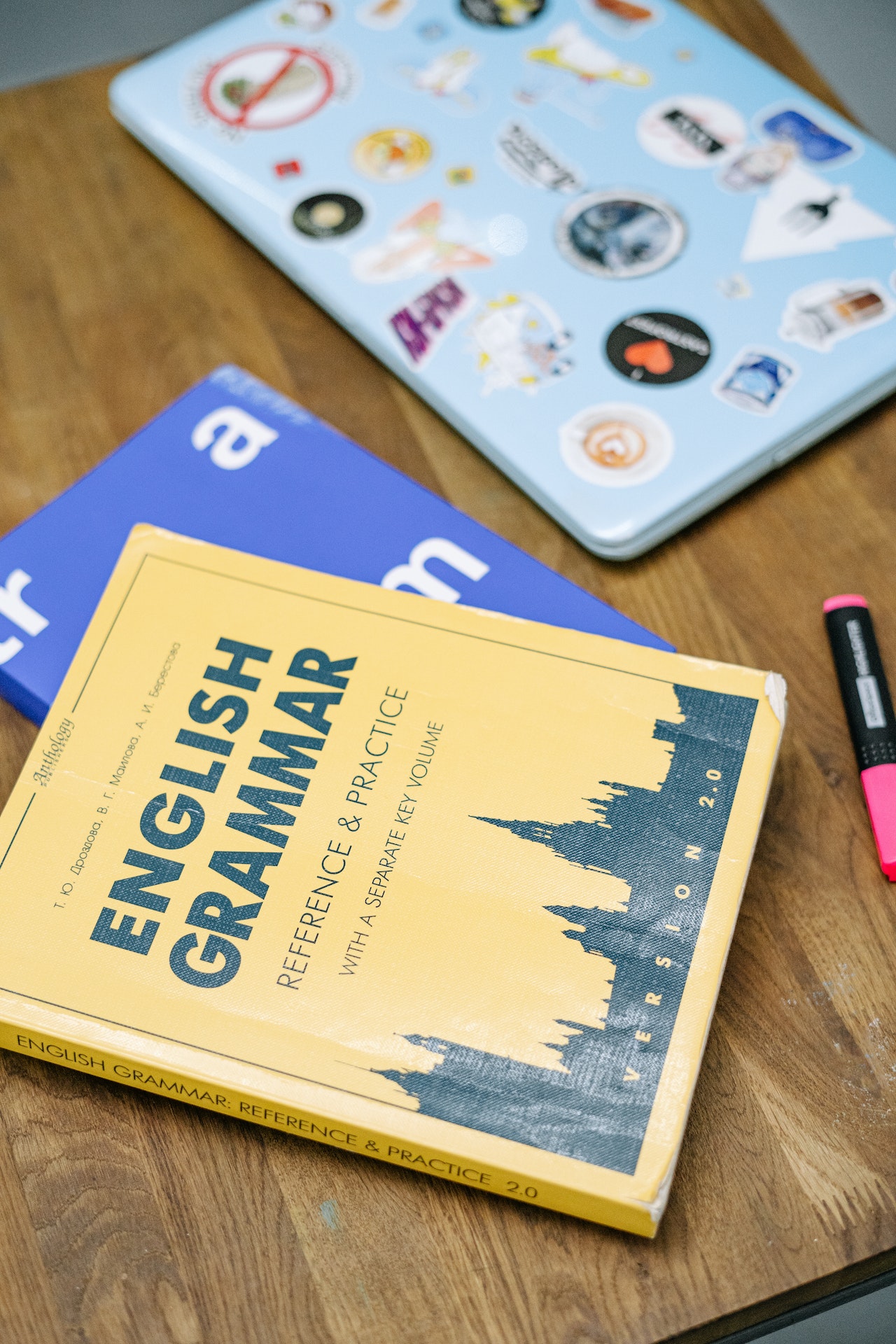What’s your English dialect like?

English is spoken by approximately 1.5 billion people, making it the second most spoken language in the world. With such extensive geographical reach, it’s no wonder that there are countless variations in the way people speak the language. These different forms of English – or dialects – are shaped by diverse regional, cultural, historical and social factors.
For any keen linguist or English enthusiast, exploring the many dialects offers a fascinating insight into how our language has evolved and continues to change. In this blog post, we’ll explore some of these dialects and what sets them apart from one another. So let’s dive into the wondrous world of English dialects!
Regional Dialects: From Charming Accents to Peculiar Slang
When you think of British English, you likely envision the Queen’s Received Pronunciation – the “posh” accent often heard on BBC broadcasts. But if you travel through the United Kingdom, you’ll quickly realize that this is far from the only way the Brits speak English.
From charming Scottish brogues to lilting Welsh cadences and friendly Irish intonations, various accents pepper the islands. Each regional dialect comes with its own unique grammar, vocabulary and pronunciation patterns that make them instantly recognizable.
Across England itself, accents change even within short distances – a Mancunian accent from Manchester differs greatly from a Scouser one in Liverpool. Heading south to London’s Cockney or West Country’s rural burr reveals yet more linguistic variation.
In North America, Canadian and American English share many similarities but also boast their fair share of regional differences. Think of Southern drawls, New York’s nasal twang or Boston’s distinctive “pahk the cah” phrases.
Similarly, across Australia and New Zealand, distinct accents and vocabularies define regional identities – strine (Australian slang) and kiwi colloquialisms shape local forms of speech.
Pidgin and Creole: A Creative Blend of Cultures
In countries where English serves as a secondary language or enjoys official status alongside other languages, interesting dialects emerge in the form of pidgin or creole. These dialects result from blending elements of English with other native languages.
For instance, countries like Nigeria, Ghana and Papua New Guinea have pidgin dialects that incorporate local languages with English. Jamaican patois or Belizean Kriol takes this fusion a step further in creating creole dialects with deep ties to African and indigenous cultures.
These linguistic minglings create verbal tapestries that reflect indigenous identities while expressing a shared colonial past.
Singlish, Hinglish & More: When East Meets West
As globalization increases interaction between diverse populations, a variety of hybrid dialects emerge as a result of blending English with other languages.
Take Singlish (Singaporean English) or Hinglish (Hindi + English) as prime examples. These creatives mixes allow speakers to communicate effectively while asserting their cultural distinctiveness.
Sometimes viewed as ‘contaminated’ by purists who fear damage to standard English rules, these variations demonstrate linguistic creativity through code-switching – alternating between two or more languages within social contexts.
Different… but still English
Regardless of which dialect one speaks, people can still connect and communicate with each other using the universal thread of English. Speaking different dialects enriches our understanding of others’ backgrounds and life experiences by exposing us to unique idioms, slang terms and pronunciation patterns that open windows into their worldviews.
So what does your English dialect say about you? Embrace your linguistic idiosyncrasies – they reveal an exciting story about your community’s history and cultural influences on your identity!
English has always been a dynamically evolving language that absorbs new words from other languages as societies interact. As such, different dialects form an intrinsic part of our global linguistic tapestry. So whether you call trousers “pants”, ask for “tomato sauce” instead of “ketchup”, or conduct conversations expertly in patois – remember every variant is equally valuable in reflecting our richly diverse world!